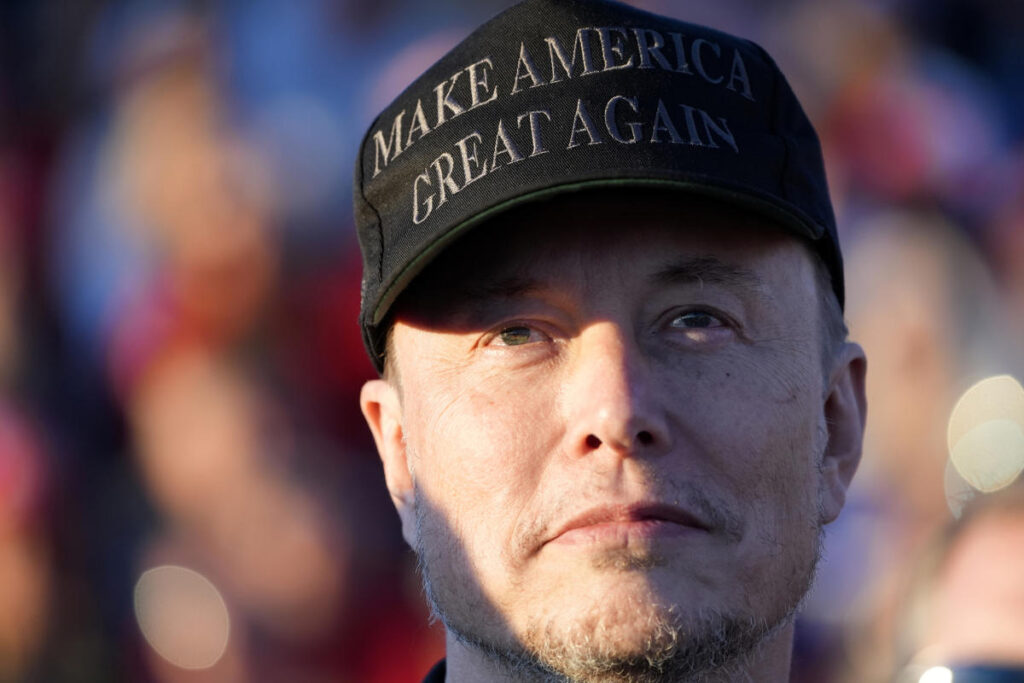The Supreme Court has declined to hear an appeal from the social media platform X, formerly known as Twitter, concerning a search warrant obtained by prosecutors in the election-interference case against former President Donald Trump. The warrant, pursued by special counsel Jack Smith’s team, prompted X to raise concerns about a nondisclosure order that prevented them from informing Trump about its existence. The company claims that this order infringes upon its First Amendment rights and contends that Trump should have been able to assert executive privilege regarding the communications related to the case. X’s legal counsel argues that, if minimally restricted, the government could exploit similar tactics to invade other privileged communications.
The legal controversy surrounding the case has garnered attention from nonpartisan electronic privacy organizations, which have urged the Supreme Court to consider the First Amendment implications of the nondisclosure order. However, prosecutors maintain that X has not demonstrated that Trump used his account for official purposes, thereby negating the applicability of executive privilege. Furthermore, a lower court’s ruling indicated that alerting Trump about the warrant could potentially compromise the ongoing investigation against him.
The context of the case is steeped in the events leading up to and including the January 6, 2021, Capitol riot, during which Trump utilized his Twitter account to disseminate misinformation regarding the 2020 presidential election. Specifically, he allegedly encouraged his followers to gather in Washington, D.C., and pressured then-Vice President Mike Pence to reject the certification of the election results. These actions, which prosecutors argue were aimed at instigating unrest and undermining the democratic process, are central to the indictment against him.
In the wake of the Supreme Court’s previous ruling that granted Trump significant immunity from criminal prosecution as a former president, the election interference case continues to progress. The implications of the court’s current decision not only affect the specific search warrant issue but also underscore the broader questions regarding executive power, social media’s role in political discourse, and the safeguarding of communication privileges.
This legal battle is further complicated by recent changes at X, where billionaire Elon Musk has implemented numerous shifts following his acquisition of the platform in 2022. His tenure has included staff layoffs focused on monitoring misinformation and hate speech, as well as the reinstatement of users previously banned for violations, among them Trump. Musk’s public endorsement of Trump’s candidacy for the 2024 presidential election adds another layer of complexity to the platform’s relationships and responsibilities as a social media entity potentially at the intersection of legal and political conflict.
As the case unfolds, the repercussions of the Supreme Court’s decision may resonate beyond the immediate parties involved, raising critical discussions about the extent of executive privilege, the responsibilities of social media platforms, and the balance of free speech rights amid significant legal and ethical dilemmas in today’s politically charged environment. This ongoing saga illustrates the intricate web of law, technology, and politics in modern America, as the country grapples with the ramifications of past actions and the future trajectory of its democratic institutions.

